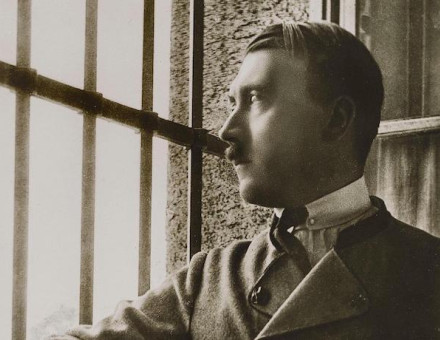Charles-André Pozzo di Boreo: Napoleon's Arch Enemy
Dorothy Carrington describes how two citizens of Corsica, both of whom, in the Corsican tradition, aspired to political advancement, conducted a lengthy vendetta that had a decisive effect on the history of Europe.
During the early days of the French Revolution two young men were constantly to be seen together in the streets of Ajaccio. Their names were Charles-André Pozzo di Borgo and Napoleon Bonaparte. They were alike in belonging to the privileged classes of primitive Corsica: Charles-André, the elder by five years, descended from a family of country notables of Alata, in the mountainous hinterland; Napoleon’s father, Assessor at the Royal Court of Ajaccio, was a leading member of the professional bourgeoisie in the capital.
He had enjoyed the protection first of Pasquale Paoli, ruler of independent Corsica, then of Count Marbeuf, Military Governor after the island was conquered by France in 1769, the year of Napoleon’s birth. As a result, Napoleon had received an officer’s education on a state scholarship in France; Charles-André, too, had been educated abroad, at Pisa, where he took a degree in law.





